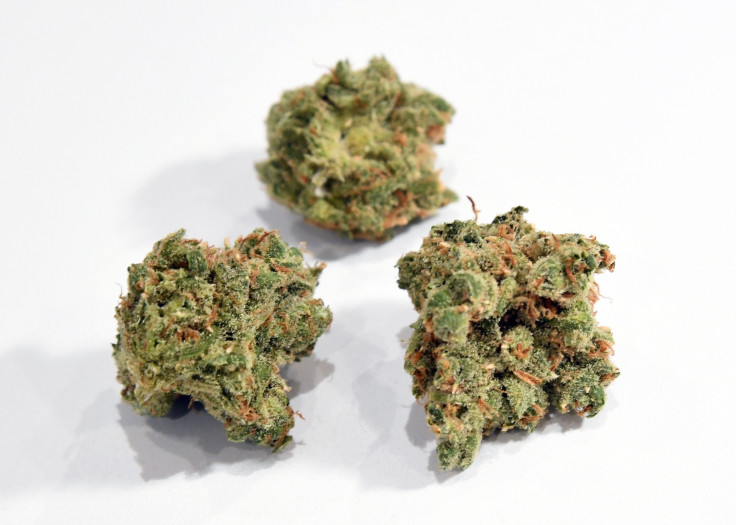Could New Jersey Be The Next State To Legalize Marijuana?

New Jersey could become the next state to legalize recreational marijuana following the win of Democratic Governor-elect Phil Murphy. The former Goldman Sachs executive vowed during his gubernatorial campaign to sign legislation that would legalize and tax marijuana.
New Jersey would be the eighth state, not including Washington, D.C., to legalize the use of marijuana. The industry is on a steady path towards garnering a reported $20.2 billion in sales by 2021. Colorado and Washington were among the first two U.S. states to approve of the drug, with Nevada, Alaska and California to follow, among others. Marijuana laws are set in place in 29 states and Washington, D.C.
"The criminalization of marijuana has only served to clog our courts and cloud people’s futures, so we will legalize marijuana," Murphy said during his Democratic primary winning speech in June. "And while there are financial benefits, this is overwhelmingly about doing what is right and just."
A bill for the legalization of marijuana was first introduced to the New Jersey Senate in June by State Senator Nicholas Scutari. Republican Gov. Chris Christie had expressed his opposition to marijuana, so the bill had little chance to pass.
Murphy's marijuana plan would bring in a potential $300 million tax revenue, but this isn't the primary reason for his desire to legalize the drug. He sees it as an opportunity to fix the social injustice for those incarcerated and convicted of marijuana-related crimes.
"If it doesn't pass the social justice test, you can't talk about revenue implications, and the fact of the matter is that we have the widest white-nonwhite gap of persons incarcerated in New Jersey," Murphy said at a gubernatorial debate in October.
Ralph Northam, the governor-elect of Virginia, has expressed similar views. Northam argued that the statewide sentencing laws need to be reevaluated and improved primarily because they "hurt" people of color.
"We need to change sentencing laws that disproportionately hurt people of color. One of the best ways to do this is to decriminalize marijuana," Northam wrote in a blog post. "African Americans are 2.8 times more likely to be arrested for marijuana possession in Virginia. The Commonwealth spends more than $67 million on marijuana enforcement — money that could be better spent on rehabilitation."
If legislation on recreational marijuana is approved in the early months of 2018, it would likely take time for the law to take effect. Cristina Buccola, an attorney who owns a law firm that focuses on the cannabis industry, told Time Out "it would likely take 18 months after the bill passes before adults 21 and older could start consuming cannabis."
Sen. Scutari, a Democrat representing Newark, hopes to reintroduce the bill by late January 2018. Murphy will be sworn in as governor on Jan. 16, and the Democrats control the legislature.
© Copyright IBTimes 2025. All rights reserved.






















